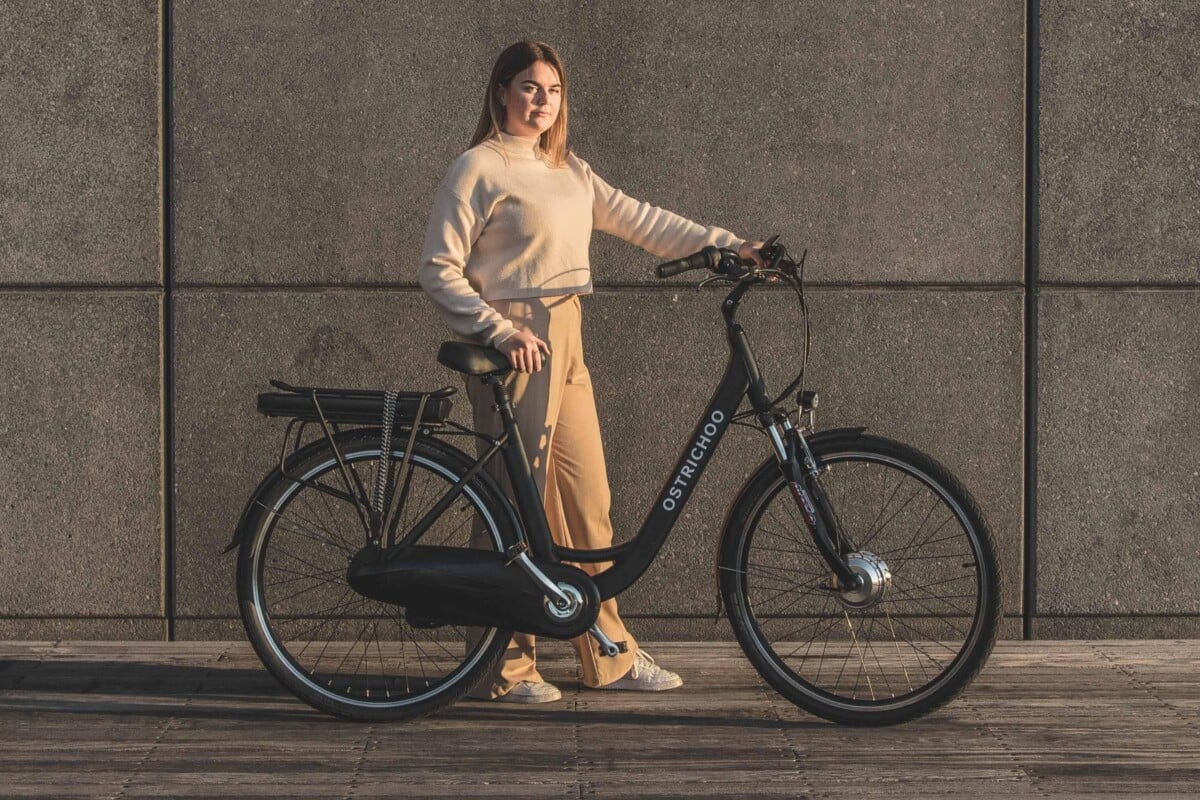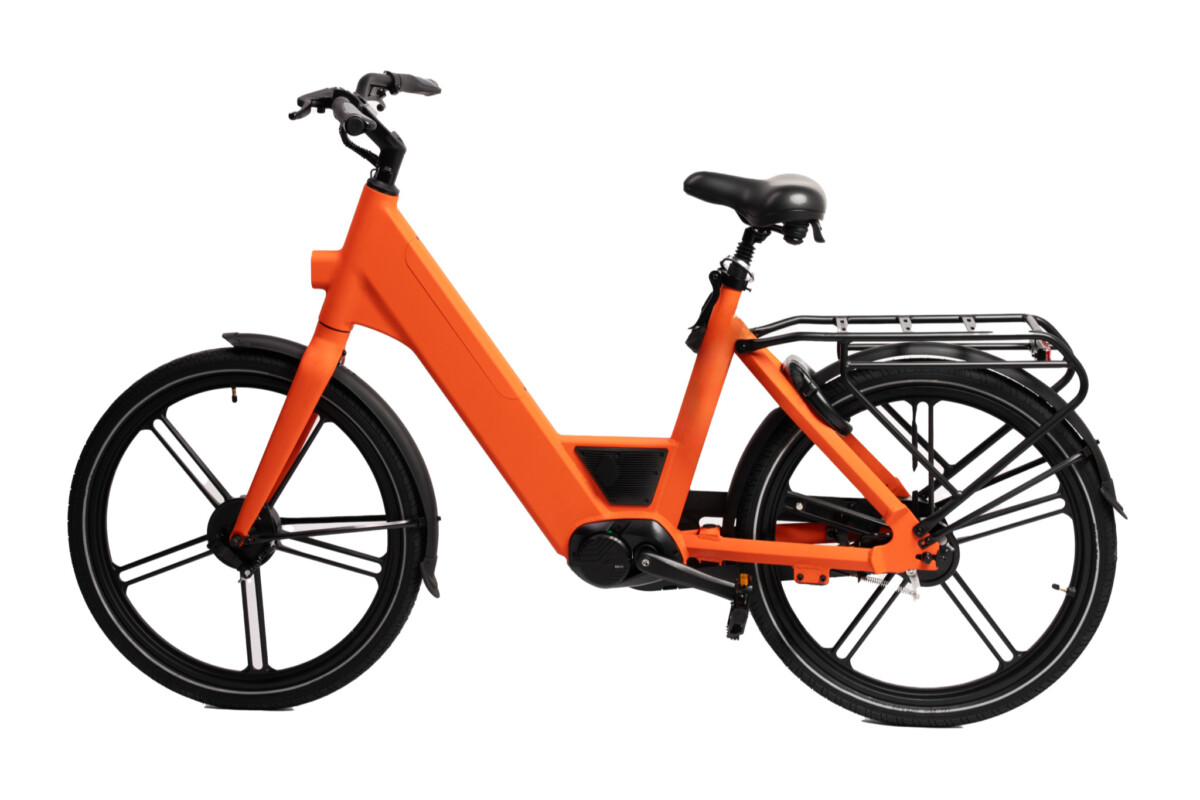In the Netherlands, Ostrichoo has the widest range of supercapacitor bikes, a more durable and efficient technology than lithium batteries, and at an affordable price.
If you thought that with the electric bike, the lithium-ion battery covered the market without question, you would be wrong. A small wave of models uses supercapacitor technology, like the Pi-pop which recharges while driving or the future Anod mixing a lithium microbattery. Another alternative is the Ostrichoo brand – ostrich in Dutch – which offers a range of 5 supercapacitor bikes.
More durable and efficient supercapacitors
Established only in the Netherlands and Belgium, it operates between the Pi-Pop and an VAE equipped with a lithium battery. The big difference with the Orléans bike is that this bike can be recharged: it’s good and reassuring.
Recharging has nothing to do with a lithium battery, because the supercapacitors jump to 80% in just 8 minutes and are full in 30 minutes maximum. To achieve this charging speed, Ostrichoo uses chargers accepting 7 to 9 amps depending on the model. This is much higher than the traditional 4A fast chargers or the slower 2A ones.

The supercapacitors operate at 42 V and have a low capacity of 4.2 to 5.5 Ah (i.e. 150 to 200 Wh). Although with little stored energy, Dutch e-bikes can recharge often. This is the advantage of the supercapacitor: it easily recovers energy when descending, decelerating or braking. Where a lithium battery bike would travel around 30 km, an Ostrichoo would have 65 to 80 km of autonomy in eco mode, and 40 to 50 km at least.
Another advantage is that the supercapacitor makes an electric bike more ecological in two aspects. The first is the number of recharge cycles: around 2,200 depending on the brand, compared to 500 to 1,000 for a lithium battery. So a longer lifespan. The second advantage is its composition based on recyclable and common materials, such as aluminum, carbon or polymers.
5 supercapacitor bikes and up to 120 km of autonomy
Ostrichoo’s offering is now complete with a Lucius city bike with a Pi-Pop-style “gooseneck” frame and a front motor, a more dynamic model called Zeno, a VTC called Julius and the VTTAE Nero in semi-rigid. Their price ranges from 1,199 to 1,799 euros: this is a relatively low price, all associated with a generic motor, a remote battery, a Shimano transmission and mechanical brakes. Only the Zeno benefits from an integrated battery, accompanied by Shimano MT200 hydraulic disc brakes and a trigger transmission.

The most modern is the Ostrichoo Caesar with its robust open frame, a Bafang M420 central motor and above all a price that stands out from the crowd, at 3,199 euros. The manufacturer legitimizes this with large capacity 15 Ah (540 Wh) supercapacitors, enough to ensure 80 to 120 km per charge. Too bad we can’t find them in France.
Want to join a community of enthusiasts? Our Discord welcomes you, it is a place of mutual help and passion around tech.
